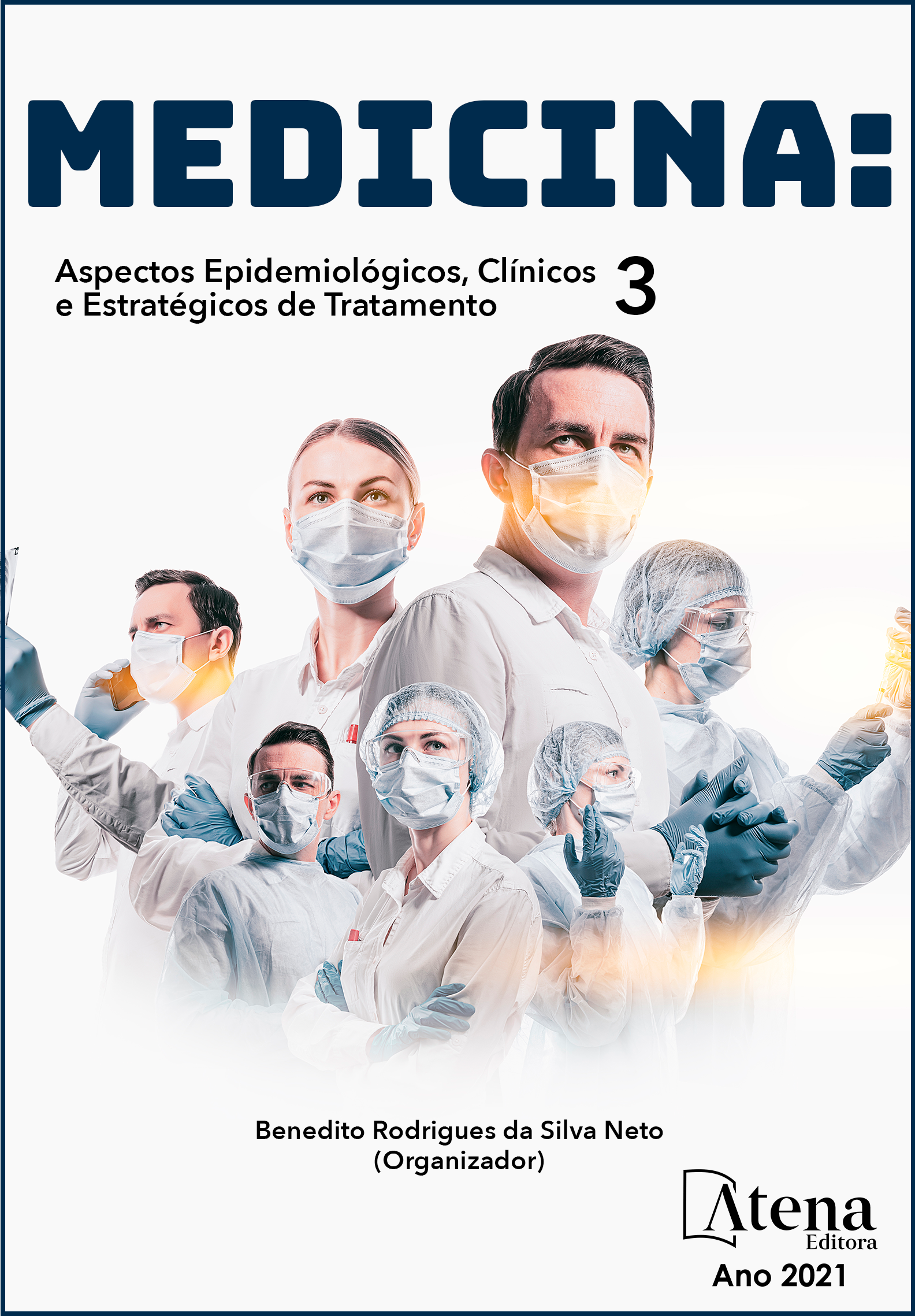
ANTIBIOTICOTERAPIA EXACERBADA NO TRATAMENTO DA COVID-19: UM FATOR IMPACTANTE NA RESISTÊNCIA À ANTIBIÓTICOS.
A atual ameaça à saúde global é um recente surto causado pela doença respiratória que recebeu o nome de Doença de coronavírus 2019 (COVID-19). Apesar do COVID-19 possuir origem viral, uma das atitudes padronizadas pelos médicos é iniciar o tratamento com antibióticos, pois a sintomatologia - tosse, febre e os infiltrados radiológicos - é representativa de pneumonia bacteriana. A insegurança e a falta de tratamentos antivirais com eficácia comprovada são outros fatores que colaboram para a prescrição excessiva de antibióticos. Portanto, uma provável consequência é o aumento na resistência antimicrobiana. Assim, esse estudo tem como objetivo avaliar a necessidade de uso de antibioticoterapia durante a pandemia do novo coronavírus. METODOLOGIA: Trata-se de uma revisão integrativa de literatura a partir de 13 artigos, publicados nos anos de 2020 e 2021, em Inglês e Português, realizada em março de 2021 na base de dados PubMed/MEDLINE, através dos DeCS e MeSH: Antibacterianos, Infecção por coronavírus, Farmacorresistência bacteriana. RESULTADOS E DISCUSSÃO: O uso de antibioticoterapia para o tratamento de doentes infectados pelo Covid-19 mostrou-se exorbitante na maioria dos estudos. Fora encontrado que cerca de 60% a 80% dos pacientes estudados usaram a antibioticoterapia, enquanto que apenas 10% a 20% apresentaram coinfecções bacterianas. Nesse sentido, com a adoção dessa conduta no tocante ao tratamento para pacientes infectados com o Covid-19, observa-se que o manejo de antibióticos é crescente mesmo nos casos da ausência de um diagnóstico de infecção bacteriana, indicando a necessidade de exames complementares para tal administração. CONCLUSÃO: o impacto dramático sobre a resistência antimicrobiana sem atual determinação em seus efeitos por falta de priorização em pesquisas, possivelmente terá consequências drásticas, mas em uma escala futura próxima.
ANTIBIOTICOTERAPIA EXACERBADA NO TRATAMENTO DA COVID-19: UM FATOR IMPACTANTE NA RESISTÊNCIA À ANTIBIÓTICOS.
-
DOI: 10.22533/at.ed.5892117055
-
Palavras-chave: Antibacterianos, Infecção por coronavírus, Farmacorresistência bacteriana.
-
Keywords: Anti-bacterial agents; Coronavirus infections; Drug resistance, bacterial.
-
Abstract:
The current threat to global health is a recent outbreak caused by the respiratory disease that was named Coronavirus Disease 2019 (COVID-19). Although COVID-19 has a viral origin, one of the standardized attitudes by doctors is to start treatment with antibiotics, as the symptoms - cough, fever and radiological infiltrates - are representative of bacterial pneumonia. Insecurity and lack of proven antiviral treatments are other factors that contribute to the over-prescription of antibiotics. Therefore, a likely consequence is an increase in antimicrobial resistance. Thus, this study aims to assess the need to use antibiotic therapy during the new coronavirus pandemic. METHODOLOGY: This is an integrative literature review based on 13 articles, published in the years 2020 and 2021, in English and Portuguese, carried out in March 2021 in the PubMed / MEDLINE database, through the DeCS and MeSH: Antibacterials, Coronavirus infection, Bacterial drug resistance. RESULTS AND DISCUSSION: The use of antibiotic therapy for the treatment of patients infected with Covid-19 proved to be exorbitant in most studies. It was found that about 60% to 80% of the patients studied used antibiotic therapy, while only 10% to 20% had bacterial co-infections. In this sense, with the adoption of this conduct with regard to treatment for patients infected with Covid-19, it is observed that the management of antibiotics is increasing even in the cases of the absence of a diagnosis of bacterial infection, indicating the need for complementary tests for such administration. CONCLUSION: the dramatic impact on antimicrobial resistance without current determination of its effects due to lack of prioritization in research, possibly will have drastic consequences, but on a near future scale.
-
Número de páginas: 14
- Pedro Jorge de Almeida Romão
- Luana Cruz Queiroz Farias
- Ítalo Freire Cantalice
- Jessé da Silva Alexandrino Júnior
- Monaliza Gomes de Lucena Ribeiro
- Maria Emília Oliveira de Queiroga
- Lucas Buriti Maia
- Maria Izabel Lira Dantas
- Virna Tayná Silva Araújo
- Maine Virgínia Alves Confessor
- Thayse Velez Belmont de Brito


